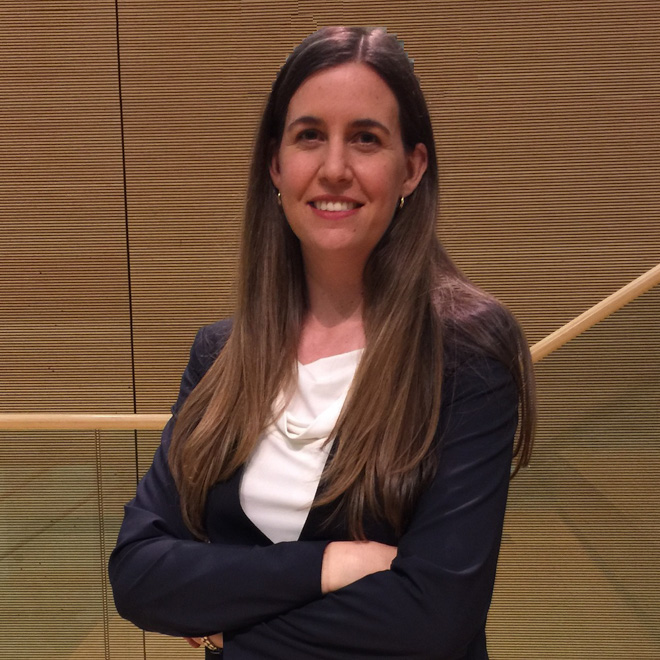In the new Introductory Seminar CS 80Q: “Race and Gender in Silicon Valley,” computer science lecturer Cynthia Lee encourages students to explore technology’s relationship to society through historical and sociological analysis and discussion.
Until recently, according to Lee, mainstream dialogue on the issue of workplace diversity was sparse.
“It felt like a conversation that rarely moved beyond people who were affected to something that big institutions — whether they be schools or big companies — were really putting at the forefront of their agendas,” Lee said.
Lee developed the IntroSem to give students an opportunity to process this topic in a classroom setting. She felt that the IntroSem format would allow for rich discussion and acknowledging differences in opinion without contention. Owing to the small class size, much of the course revolves around students sharing their personal experiences.
“One of my female high school teachers told me that girls are worse at spatial reasoning and thus we weren’t suited to become engineers,” said Isabelle Zhou ‘21, one of Lee’s students. “I spent the whole year with a chip on my shoulder wanting to prove her wrong.”
Zhou, who studies symbolic systems, has taken computer science courses in the past. She said she is taking CS 80Q in order to familiarize herself with the forces at work in shaping Silicon Valley.
“I want to know what’s going on and what’s causing these issues so I won’t feel these microaggressions and not be able to understand what to do about them,” Zhou said.
The course is organized into three main modules tied together in a past-present-future trajectory. Students start by examining how the the tech workforce came to be, then move on to analyzing current issues in the industry as well as the implications of new developments.
In examining how the tech workforce came to be what it is today, Lee brings in research detailing how early life experiences, media and parental influence shape our beliefs about who belongs in a particular field of study. Other academic sources invoke the correlation between the educational achievement gap and the lack of workforce diversity in Silicon Valley.
“The way things are today in many ways is the result of a series of historical accidents,” Lee said.
In the context of historical study, the class also discusses the 2016 film “Hidden Figures,” which highlights how computer programming was initially seen as women’s work.
In focusing on the current state of the tech workforce, students scrutinize relevant statistics and discuss recent stories about inequality and workplace discrimination, including local incidents related to the #MeToo movement.
The present-time portion of the course also includes a discussion of geek culture in the tech industry.
As a case study of a relevant cultural artifact, the class turns to “The Big Bang Theory,” a television show which is known for its portrayal of engineers as stereotypical nerds. The class critically examines the construction of masculinity in geek culture as well as the implications of such a culture for women and people of color who want to have a place in that sphere.
“While building understanding that there are systemic forces of oppression that particularly affect people of color, women and gender non-conforming individuals, we can also appreciate that these systems of oppression really have negative impacts on everyone — including the stereotypical engineer!” Lee wrote on a Facebook post featuring her new IntroSem.
Lee also incorporates first person narratives into the curriculum, including three pieces written by current and former Stanford computer science students about their experiences feeling intimidated by their peers and so-called “weeder classes.”
The final, forward-looking module of the course focuses on the nature of today’s data and machine learning.
“We’ll look at how the products coming out of Silicon Valley are potentially magnifying the inequities, biases and prejudices that currently exist,” Lee said.
The past year has shown an influx of news articles about issues with product quality and function as well as data breaches. The class will consider such failures at major tech companies as they relate to the conversation about diversity.
For their final project, students will have the opportunity to design computer science and engineering curricula for grades K-12. With assistance from the Haas Center, the class is working with schools in New York and San Francisco to develop potential course plans.
Lee hopes that students use the project to synthesize the information covered in the course and begin spreading the conversation about ethics and diversity to other classrooms.
“A lot of this class is about building empathy and respecting empathy as a critical skill for engineers or for anyone wanting to work in the tech industry,” Lee said. “I want students to see how thinking carefully about other perspectives is critical to making products be the best that they can be.”
Contact Olivia Mitchel at omitchel ‘at’ stanford.edu.
